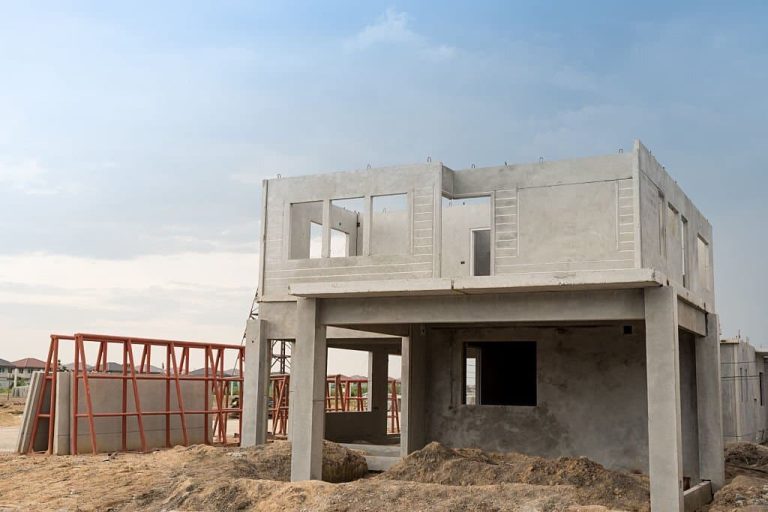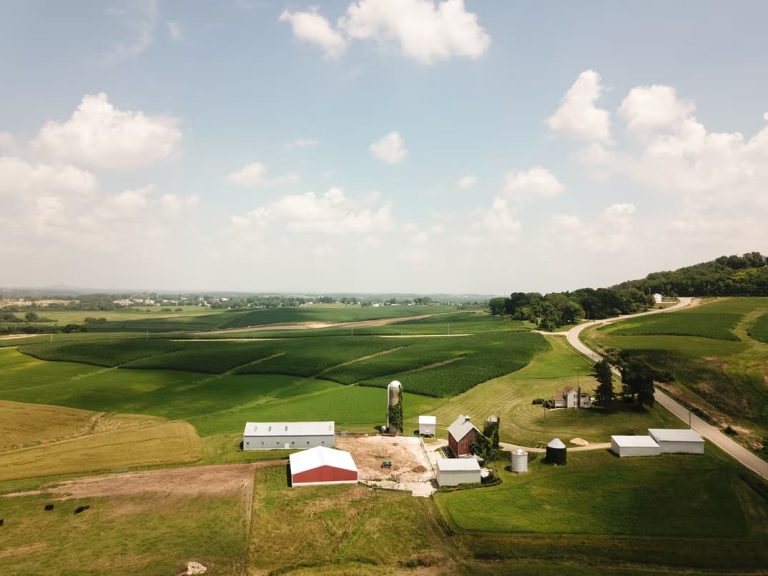Real Estate Purchases: Top Tips for DIY Enthusiasts on Finding the Right Land
When it comes to finding the right land for a real estate build, many DIY enthusiasts face several challenges. In order to make the best purchase, it is important to be aware of these challenges and take them into account when making your decision.
Not only will this help you save money, but it will also ensure that you are happy with your final product.
Table of Contents
1) Location
One of the first things to consider when purchasing land is the location. It is important to find a spot that is close to the amenities that you need, such as schools, shopping, and public transportation.
In addition, you will want to make sure that the land is in a good neighborhood. It is also important to consider the size of the lot when making your decision.
You will need to factor in the amount of space that you need for your home and any other buildings or structures that you plan on erecting.
To quote the people from Landbrokermls.com, no matter how much farming changes, the people remain the same. That’s why, when you’re looking to purchase land for your dream home, you should always consider the location first and foremost.
Additionally, the climate in the area should be taken into account. If you are looking to build a home in an area that is prone to floods or other natural disasters, you will need to factor this into your decision.
2) Zoning and Building Regulations
Another important factor to consider when purchasing land is the zoning and building regulations in the area. These regulations can vary significantly from one area to another, so it is important to do your research.
You will need to make sure that the land you are purchasing is zoned for the type of home you plan on building.
In addition, you will need to be aware of any building regulations that may apply. These regulations can vary depending on the size and type of home you plan on building, so it is important to consult with a professional before making your purchase.
3) Title and Deed
When purchasing land, it is also important to consider the title and deed. You will need to make sure that the land you are purchasing is free of any encumbrances, such as easements or liens.
In addition, you will want to obtain a copy of the deed to the property. This document will provide you with important information, such as the legal description of the property and the names of the previous owners.
Also, be sure to check for any building restrictions that may be in place. These restrictions can vary depending on the city and state in which the property is located, so it is important to consult with a local zoning department or real estate attorney.
For example, some cities have laws that restrict the height of buildings in certain areas. On the other hand, some states have laws that protect agricultural land from development.
4) Utilities
Another important factor to consider when purchasing land is the availability of utilities. You will need to make sure that the land you are purchasing has access to water, electricity, and sewer.
In addition, you will want to inquire about the cost of these utilities. The price of utilities can vary significantly from one area to another, so it is important to do your research.
For example, rural areas often have higher utility costs than urban areas. This is because the infrastructure needed to provide these services is often more expensive in rural areas. In addition, you will also need to factor in the cost of installing a septic system if one is not already in place.
5) Soil Quality
When purchasing land, it is also important to consider the quality of the soil. The quality of the soil will play a big role in the type of crops you can grow, as well as the overall yield. In general, sandy soils are not as fertile as loamy soils. However, sandy soils are often easier to work with since they drain well and are less likely to compact.
To determine the quality of the soil, you will want to have a soil test done. This test will provide you with important information, such as the pH level and the percentage of organic matter.
In addition, the results of the soil test will help you determine what type of fertilizers and amendments you will need to add to the soil to improve its quality.
Plus, if you are planning on growing crops, the results of the soil test will help you determine which crops will grow best in the soil.
6) Water Access
Another important factor to consider when purchasing land is the availability of water. If you are planning on using the land for agricultural purposes, you will need to make sure that there is a reliable source of water.
In addition, you will want to inquire about the cost of water. The price of water can vary significantly from one area to another, so it is important to do your research.
Also, be sure to check for any water restrictions that may be in place. These restrictions can vary depending on the city and state in which the property is located, so it is important to consult with a local water department or real estate attorney.
For example, some cities have laws that restrict the use of groundwater for agricultural purposes.

When purchasing land, it is important to consider a variety of factors. These factors include the availability of utilities, the quality of the soil, and the availability of water.
In addition, you will want to consult with a local zoning department or real estate attorney to determine any building restrictions that may be in place.
Keep in mind that the price of utilities and water can vary significantly from one area to another, so it is important to do your research.
With careful planning and due diligence, you will be able to find the perfect piece of land to meet your needs. Not to mention, you’ll have a blast doing it! DIY for the win!






